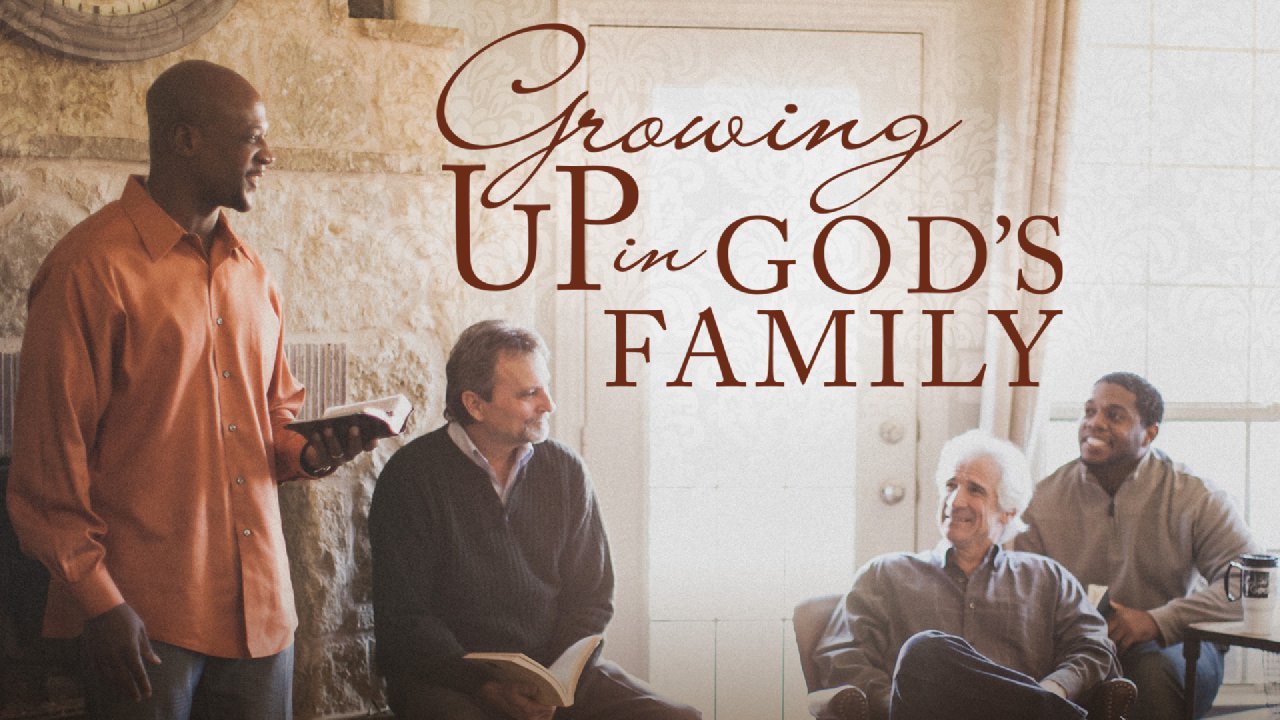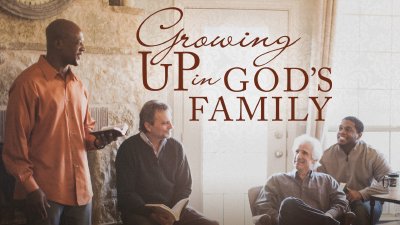In our previous time together, we were introduced to a syndrome that has plagued our society for years. Thanks to Dr. Dan Kiley, we have a name for it—the “Peter Pan Syndrome”—and the more we study it, the more we understand what we are dealing with. Although the name is new, the problem is old. In fact, we can trace its roots all the way back to the fall of man in the garden. As we shall see, not even the early church was free of this insidious problem. Because it tends to emerge during the adolescent stage of our existence, it is appropriate that we address it. The details are neither pretty nor positive, but they are relevant. Hopefully, as a result of exposing this syndrome, we shall be alert to it and be better equipped to confront it.

When Peter Pan Comes to Church
Message 10
Pastor Chuck Swindoll
Analysis of a Crop Failure
Pastor Chuck Swindoll • Mark 4:1–20
Jesus was the master teacher. Against relentless and hostile opposition, and in spite of many who followed Him for all the wrong reasons, He spoke with wisdom and taught with skill. Among the methods He preferred to use, the parable was one of His favorites. By placing a familiar and simple word picture before His audience, Jesus was able to draw out profound analogies that have intrigued even the brightest minds for centuries. In this message, we'll look at His first parable, one that carries with it remarkable relevance to this very day. We shall see ourselves in one of the types of soil Jesus talked about, and only you can know for sure which soil you are in. Let us here, then, heed His counsel.
Growing Up in God's Family
Pastor Chuck Swindoll • Ephesians 3:14–21
There is one common analogy used throughout the New Testament regarding the local church. It is not a business, farm, team, school, or hospital, though those word pictures are frequently used by us to convey various dimensions of congregational life. The most often used analogy is that of a family. God is our Father; we are called His offspring—sons and daughters, brothers and sisters, even fellow heirs. Since this is true, it stands to reason that congregations, like families, go through definite ages and stages as they progress toward maturity. This message will help us gain an overview of where we are going. In the process, we'll discover some of the reasons and results of an interrupted growth process.
Ages and Stages of Growing Up
Pastor Chuck Swindoll • 1 Peter 2:1–3
Few things are more thrilling than birth. And on top of that, the time of infancy that follows is both exciting and intriguing. All who work with babies and bottles, toddlers and high chairs, building blocks and toy boxes enjoy one of the special delights life offers. It may be exhausting, but there are special moments of sheer exhilaration, unduplicated by any other involvement. Yet with all the thrills, there are also the threats unique to newborns. Being so tiny and dependent, their little lives often hang perilously close to danger and death. What is true of infant humans is equally true of infant believers in God's family. As we shall soon discover, their needs are great, their hunger is constant, their discernment is nonexistent, yet their potential is nothing short of remarkable.




